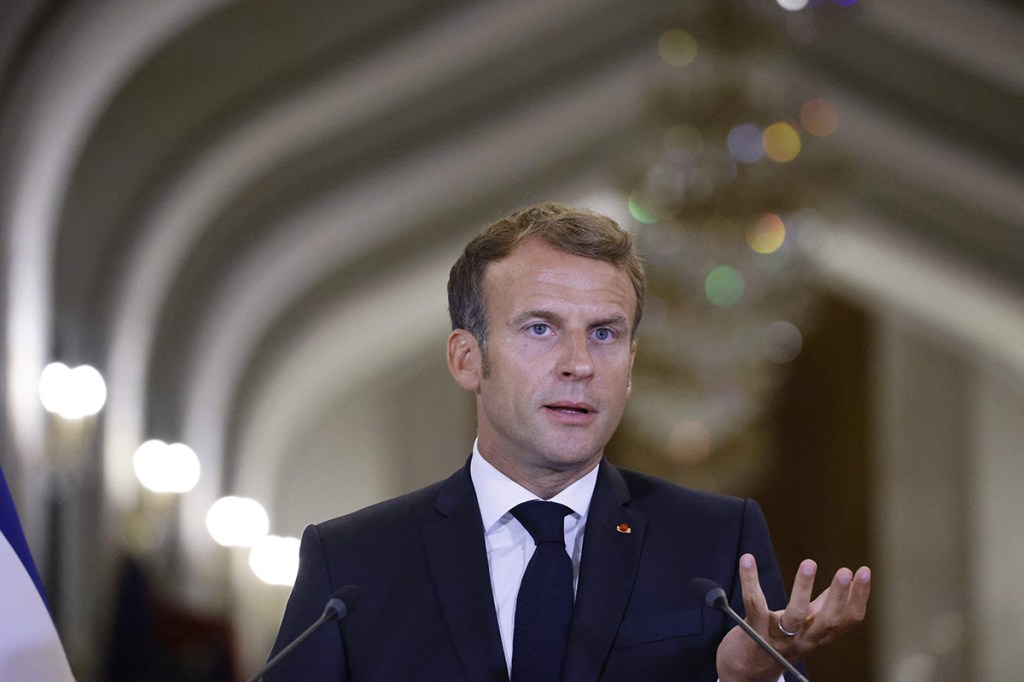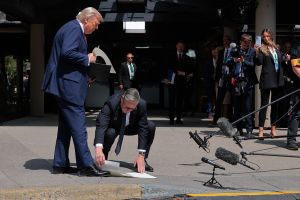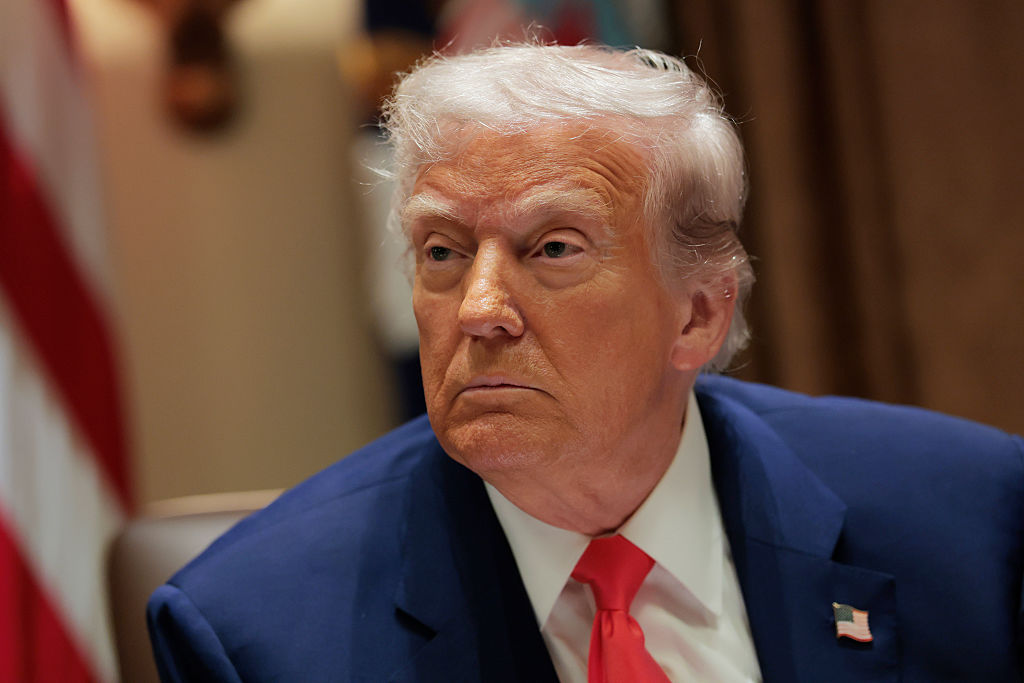To nobody’s great surprise, France’s minister of health, Olivier Véran, announced last week that the COVID Passport may have to be extended beyond November 15 — the initial expiry date of the government’s controversial measure, first introduced in July. I’ll hazard a guess that come April 2022 the French will still have to show their passport to enter cafes, shopping centers, sports clubs and cinemas.
April, of course, is the date of the presidential election and Emmanuel Macron is banking on his response to COVID helping him to secure a second term. His belief is that the electorate, particularly the over-50s, will be reluctant to change presidents in the midst of a pandemic. Better the devil, and all that.
So the French should become accustomed to the COVID Passport, which as of this week is obligatory for 1.8 million people employed in the culture, hospitality, transport and retail sectors. Some employers will work with recalcitrant workers — for instance, giving them a different task which doesn’t require a passport; but at other workplaces, a refusal to carry the pass, or submit to a PCR test every three days, could result in suspension of pay.
As of last week, 72 percent of adults have received a first dose of the vaccine, and 58 a second, but that is immaterial; Macron’s strategy is to portray himself as the implacable president against this wicked virus on which he declared war last year. And the best way for a leader to boost his standing among his people is by defeating a strong enemy, not a weak one. That is why COVID, in the eyes of Macron’s government, remains such a danger, despite the fact the vaccine has worked wonders in reducing rates of hospitalization and death. It might be an idea if the French brace themselves to be hit by a ‘fifth wave’ of COVID before Christmas, and a ‘sixth wave’ to strike in the New Year.
Unfortunately for Macron, events in Afghanistan may yet fatally undermine his election strategy, and damage his credibility in the same way the chaos in Kabul has Joe Biden’s. Macron knows it, too, hence his uncompromising rhetoric on the likely influx of refugees from Afghanistan into Europe. Whether he is prepared to back up his blunt words with action, we may find out at September’s Med 7 (Southern EU Countries) summit in Greece, when the ongoing migrant/refugee crisis will be top of the agenda.
Macron has good reason to sound tough on immigration. France remains the number one target for Isis, who will look to exploit the Afghan crisis by sending more of its men into Europe in the hope of carrying out a ‘spectacular’. Two of the Islamic extremists responsible for slaughtering 130 people on the streets of Paris in 2016 traveled to France through Greece posing as Syrian refugees — a route made possible by the naive largesse of Angela Merkel, who opened Europe’s borders without consulting other EU leaders or organizing any coherent plan to deal with the 1.3 million people who crossed into the continent by various means.
But the threat to France is not just from well-organized and well-trained Isis death squads. As Macron explained in a television interview on Sunday evening, the spate of Islamist outrages last year — which included the decapitation of schoolteacher Samuel Paty and the murder of three Christian worshippers — were carried out by individuals acting on their own initiative.
The same was true of the Tunisian who drove a truck along the Promenade des Anglais in Nice in 2016, killing 86 men, women and children: bloody proof that you don’t need specialized training to commit mass murder.
An atrocity on a similar scale between now and the presidential election would seriously undermine Macron’s hopes of reelection. It doesn’t require much imagination to see how his political adversaries would spin it: here is the president who has imposed unprecedented restrictions in the everyday lives of his people, yet is incapable of keeping them safe from Islamic terrorists.
This year has witnessed just one major act of murderous extremism in France, the murder of a policewoman outside a police station in Rambouillet. But the victory of the Taliban in Afghanistan will embolden Islamists throughout the world, and particularly in Europe, where they have been in a ‘depression’ since the collapse of the Islamic State, according to Gilles Kepel, the Arabist and political scientist.
This new generation of European extremists, what Kepel calls the Fourth Generation, are unlike their predecessors in that they don’t belong to an organization such as al-Qaeda or Isis; instead they are engaged in a ‘Jihad of Atmosphere’ facilitated by social media. which ‘propagates a hatred of secular Western values which nourishes the worldview of a certain number of young Islamists.’
The most detested values are French ones. In the wake of the Paris attack in 2015 Isis gloated that they had struck at the ‘capital of abomination and perversion’; the Islamists’ loathing of France has only intensified since Macron launched an eloquent defense of Enlightenment values following the murder of Samuel Paty.
The president is right when he talks of France being at war, but he has identified the wrong enemy. It’s not COVID that presents the real danger to the French way of life, it’s Islamic extremism.
This article was originally published on The Spectator’s UK website.

























